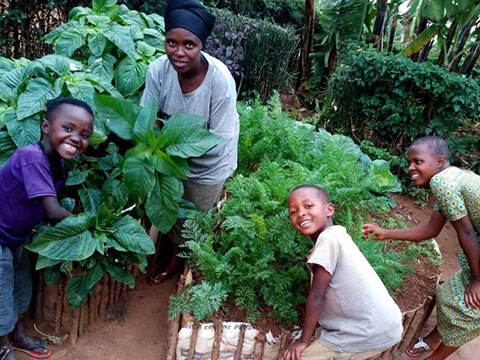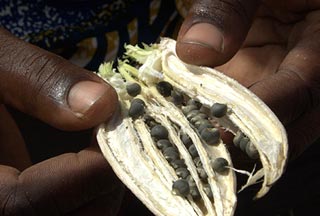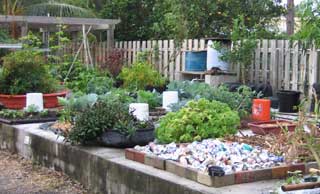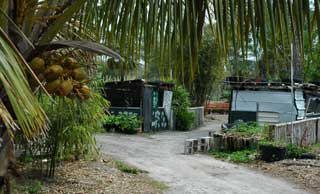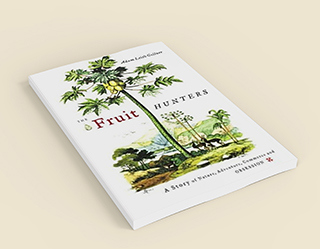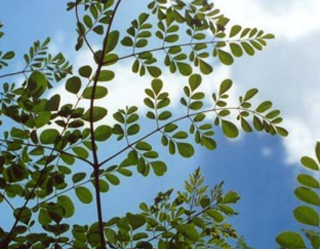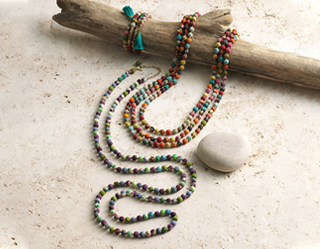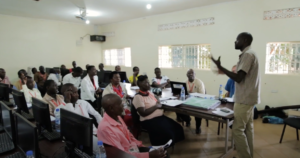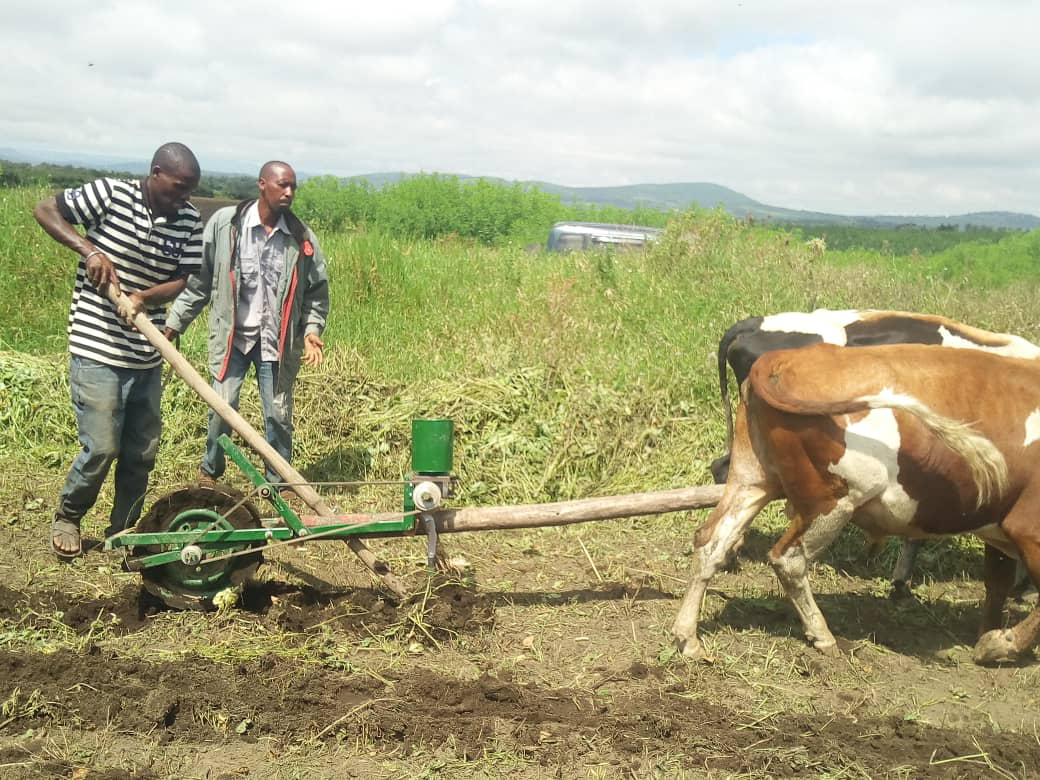Lembris Mollel is an East African farmer with five children. They live on five acres of land and farm corn, beans, sunflowers, vegetables and bananas. Because of an ECHO training on conservation agriculture, Lembris has been connected to ECHO’s resources for four years and shares what he learns with a local farmer cooperative.
Conservation agriculture equipment helps farmers adopt practices to repair degraded soils and boost crop production. But access to affordable and easy-to-maintain farming equipment is a challenge in many places. Adapted from an Ethiopian plow, ECHO East Africa has been developing, testing and adjusting the no-till Maresha planter to arrive at a practical design that can be affordably built from local materials.
“Planting beans on this farm takes my family two days of hard work, but now look! It has taken only three hours! This has inspired me.”
Testing out one of the recent protoypes, Mollel exclaimed, “Planting beans on this farm takes my family two days of hard work, but now look! It has taken only three hours! This has inspired me.”
He continued to describe the local challenges, “We struggle with too many pests and sometimes they become difficult to manage. As a result, we are incurring a lot of costs for pesticides which affects our household economy. Another problem is lack of affordable equipment to reduce the hard work. I am so encouraged and interested with the progress of the Maresha direct seeder planter.“
Because of his ECHO training, Lembris plans to use simple and manageable farm implements to improve his farming business. He is also planning to add value to his produce. Instead of selling the maize grain, he wants to purchase a milling machine so that he can mill and package maize flour to sell it for a higher income. He continued, “I thank you for ECHO’s work and thank God for keeping us food secure. Currently, I only need to buy salt to sustain my family.”
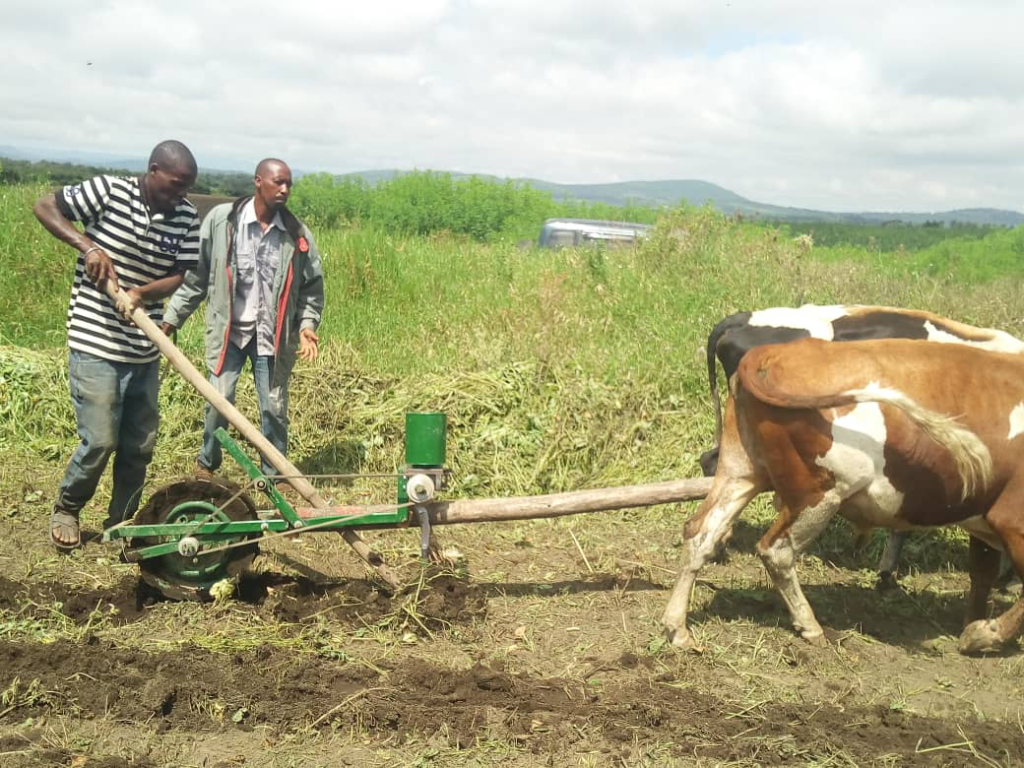
Left: Lembris Mollel and his son learn the benefits of the Maresha direct seed planter during an ECHO training.
